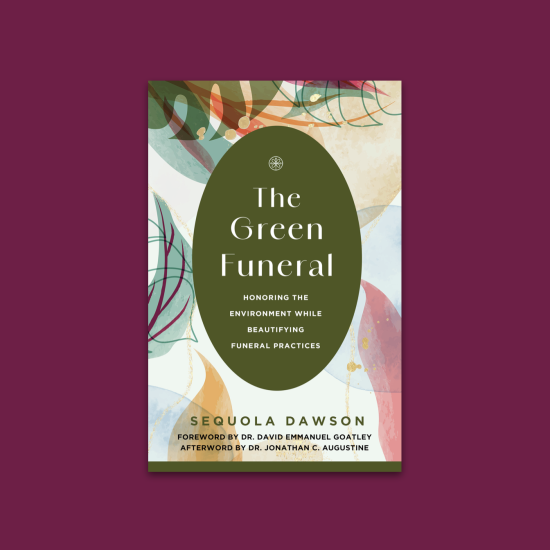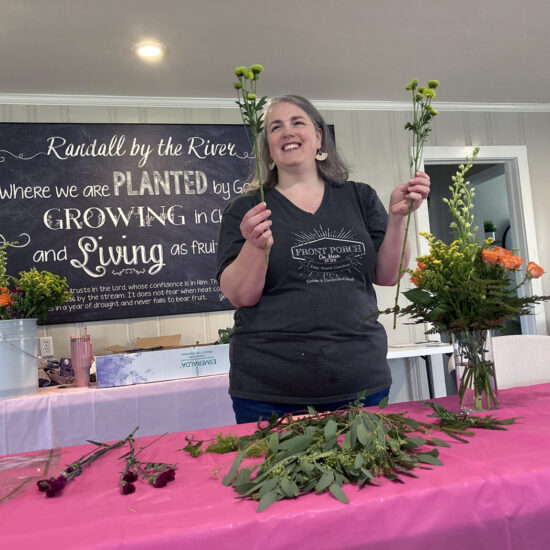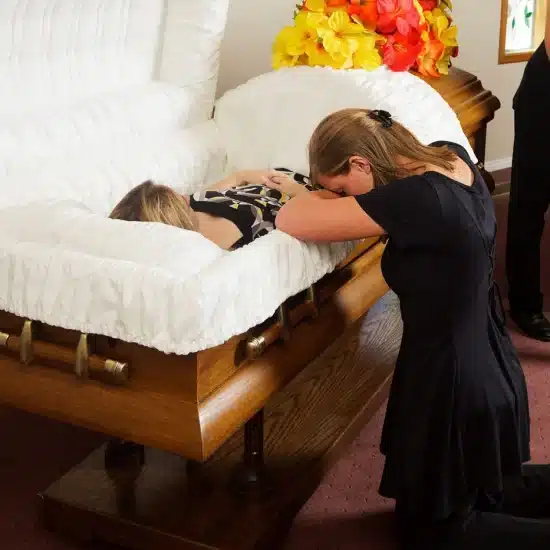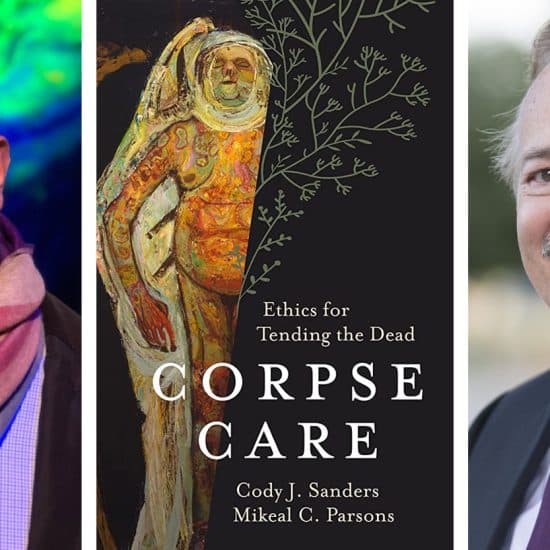The research findings that loneliness in a person’s life may increase her or his risk of death are hardly surprising. An analysis of 70 studies confirms that conclusion. It appears in the March issue of Perspectives in Psychological Science.
But one of the reviewers, Dr. Julianne Holt-Lunstad of Brigham Young University, clarifies that the risk is not limited to being alone but also to people who feel lonely. She made a distinction between actual isolation and feelings of loneliness.
In fact, only three of the 70 studies calculated the feelings of loneliness rather than isolation. The average age of people studied was 66, and age and disease were taken into account by researchers. Professionals suggest studies among younger age groups are needed.
Dr. Holt-Lunstad said the data shows “greater longevity if you’re well connected,” but that we should also be concerned with times when “others may be surrounded by others and still feel lonely.”
The research reinforces the benefits of connecting with others and with friendships. It further suggests that the benefit is not only living longer but living a better, more fulfilling life.
Friendships also affect how we deal with symptoms of disease and how we heal. A 2013 study of 3,000 breast cancer patients showed that socially isolated women had higher breast cancer symptoms and reported a lower sense of well-being.
People of faith can benefit by being reminded of such findings. They might start by self-evaluating themselves and their congregations, even asking a few questions like: “Who is lonely in my church (or even in a given worship service)?” or “Whose life stages or circumstances place them at risk of loneliness?”
Being a friend to a lonely person may present challenges, but we recognize wholesome friendships are life-changing and, sometimes, life-saving. As a result, it is important to pursue such friendships — within personal families, the family of faith and with others.
Bill Webb is editor of Word & Way.






